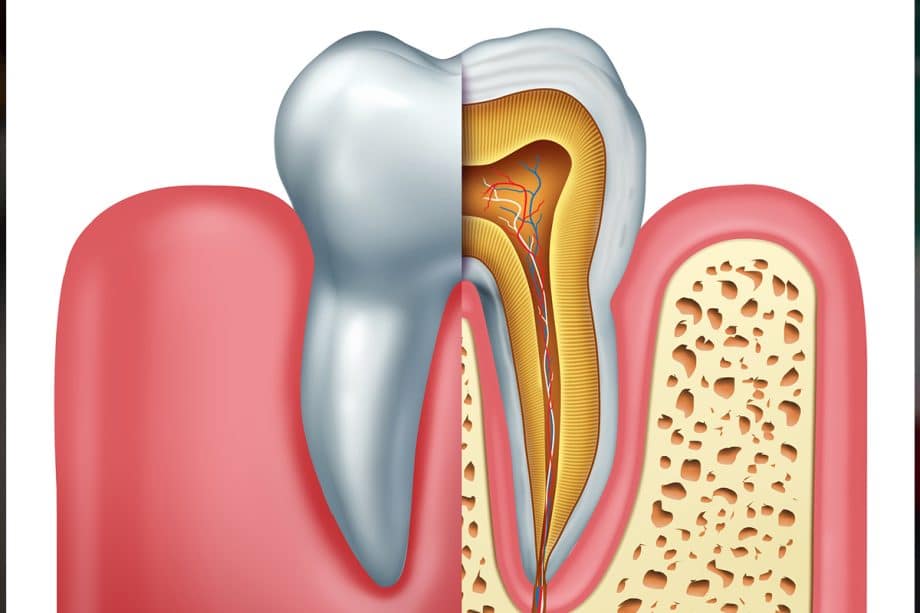When it comes to dental procedures, a common question we hear is, “How long does a root canal last?” This is an important concern for many individuals, whether you’re considering the treatment or have already undergone the procedure. Understanding its longevity can help ease concerns, set realistic expectations, and give you peace of mind about your oral health. Root canals are often thought of as a last resort to save a tooth that might otherwise need to be extracted, but they’re also an investment in preserving your natural smile and maintaining proper oral function.
A successful root canal can often last for many years, and in some cases, even a lifetime, especially with proper care. Factors such as the quality of the procedure, the placement and strength of the dental crown, and your daily oral hygiene habits play a significant role in its durability. Regular dental checkups and avoiding habits like teeth grinding or chewing hard objects can also help extend the life of a treated tooth. Today, we’ll dive into how long you can expect a root canal to last, the factors that influence its lifespan, and what you can do to maximize its success. With the right care and knowledge, you can feel confident about protecting your dental health for years to come.
What Impacts the Longevity of a Root Canal?
The lifespan of a root canal can vary depending on several factors, but studies show that root canal-treated teeth can last 10 to 15 years or longer with proper care. The key factors influencing this longevity include the quality of the procedure, the dental restoration that follows, and your oral hygiene practices.
A well-performed root canal removes infected tissue from the tooth while sealing and reinforcing it to prevent further damage. However, how the restored tooth is structured—usually with a dental crown—also contributes significantly. A properly fitted crown protects the treated tooth from fractures and ensures it functions like a natural tooth.
Your oral care routine also plays a critical role. Regular brushing, flossing, and professional cleanings preserve both the treated tooth and surrounding teeth, minimizing future complications.
Are Root Canals Permanent?
A root canal doesn’t mean your tooth becomes invincible, but it does provide a reliable, long-term solution for preserving its structure and functionality. During the procedure, the infected or damaged pulp inside the tooth is carefully removed, which eliminates pain and halts the spread of infection to surrounding areas. Although the tooth is no longer “alive” in the traditional sense, its structure is preserved, allowing you to avoid extraction and maintain your natural bite alignment and facial appearance..
However, it’s important to understand that a root canal-treated tooth still requires proper care. Without additional protection, this tooth can be more susceptible to fractures or decay, particularly around the edges. To prevent this, dentists usually recommend placing a crown or filling over the treated tooth. A crown, in particular, offers full coverage, reinforcing the tooth’s strength and allowing it to withstand the forces of chewing and everyday use.
Thanks to advancements in dental materials and techniques, modern restorations can closely mimic the appearance and strength of natural teeth. When paired with a high-quality restoration, a tooth treated with a root canal can function just like a healthy tooth and last for many years, provided you maintain good oral hygiene and regular dental checkups. A root canal isn’t just about stopping pain—it’s about preserving your smile and protecting your overall dental health for the future.
How to Make Your Root Canal Last Longer
Extending the life of your root canal requires a combination of professional care and good habits. Here are some steps you can take to keep your treated tooth in optimal condition:
- Prioritize Oral Hygiene: Brush your teeth at least twice a day with fluoride toothpaste and floss daily to prevent decay around the treated tooth.
- Protect Your Teeth: If you grind your teeth at night, ask your dentist about wearing a mouthguard to prevent undue pressure and damage.
- Schedule Regular Checkups: Routine dental visits allow your dentist to monitor the health of your restored tooth and catch any issues early.
- Avoid Hard Foods: Chewing on ice, hard candies, or other tough foods can put your root canal-treated tooth at risk of chipping or cracking.
- Stay Hydrated: Drinking water helps maintain saliva levels, which are vital for neutralizing acidity and washing away harmful bacteria.
Your dentist is your partner in maintaining the longevity of your root canal. Never hesitate to discuss your concerns or questions at your regular visits.
Frequently Asked Questions About Root Canal Treatment
How painful is a root canal procedure?
Root canals often have a reputation for being painful, but that’s a misconception. Thanks to modern anesthetics and techniques, most patients feel little to no pain during the procedure itself. Some mild discomfort or soreness is normal for a few days afterward, but over-the-counter pain medications are usually sufficient to manage it. Ultimately, undergoing a root canal relieves the pain caused by an infected or damaged tooth.
What are the signs that a root canal may need to be redone?
While most root canals are successful, there are cases where retreatment may be necessary. Signs that a root canal may need to be redone include persistent pain, swelling, or sensitivity in the treated area. You might also notice discoloration of the tooth or the return of a small pimple-like bump on the gums. If you experience any of these symptoms, it’s important to see your dentist promptly to assess the issue.
At Lindenwold Dental Center, we’re here to ensure your root canal—and every other aspect of your dental health—stands the test of time. Our team is dedicated to providing expert treatment in a warm and welcoming environment. If you need assistance or have additional questions, don’t hesitate to contact us today. Together, we’ll help you preserve your healthy, confident smile!

